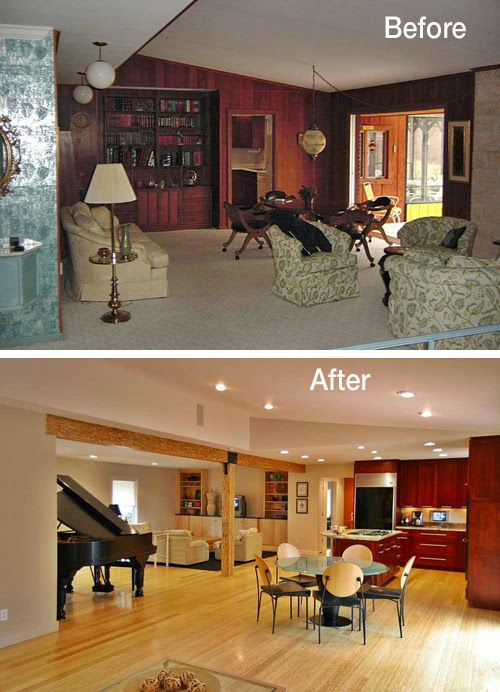Rent-to-own can sometimes be a great alternative for both seller and buyer. Some buyers may not have enough cash saved for a down payment or they may be working to improve their credit but can’t get the loan they need. Some sellers may find themselves unable to sell their home when they’ve purchased a new one. In these cases, rent-to-own, sometimes called lease-to-own, may be the best option.
With a rent-to-own option, renters pay a certain amount each month to live in the home, just as they would with any rental. However, at the end of a predetermined period – usually within three years – the renter is given the option to buy the house. Each month of rent becomes income for the seller, while a set portion of the rent goes toward a down payment to eventually purchase the house.
Renting-to-own has advantages and disadvantages for both parties, so the contract for this type of transaction needs to be detailed and clear to all parties involved.
Seller Advantages/Disadvantages
• Sellers who have already purchased another home will have relief from paying two mortgages at once.
• Sellers can use the rent they collect to pay the existing mortgage on the old home, which can ease the financial burden.
• Renters who sign a rent-to-own agreement generally treat the home and community better than other typical renters since they plan on staying in the home long-term.
• If a renter does back out at the end of the agreement period, the seller gets to keep the option fee and rent premiums as income. However, the seller is then back to square one and will need to either find different renters or try to sell the home.
• The seller decides the sale price and monthly rent amount. These amounts are subject to negotiation, just as in any other real estate transaction, but once the amounts are set and a contract is signed, the sale price is locked in until the end of the rental term. Even if the market changes, the agreed upon amount is final.
• At the end of the rental period, the buyer still may not be able to buy the home for the same reasons they couldn't buy at the start of the lease, such as bad credit, insufficient down payment, or not enough income.
Buyer Advantages/Disadvantages
• Buyers who don’t have a large enough down payment or those who may not have good credit can often choose this option and take the extra time to save more money and/or repair credit issues while they rent the home.
• Buyers pay an option fee, which will become part of the down payment. Also, a portion of the rent generally goes toward the down payment.
• In most cases, buyers still have the option to not purchase the home at the end of the agreement; however, the seller will keep the option fee and the rent premium.
• If the buyer is just one day late on a month’s rent payment, most agreements void the rent credit for that month, so rent must be paid on time every month.
• If the seller fails to pay the original mortgage on the house, it may be foreclosed and the buyer will be forced to move.
Because of the many details and concerns on both sides of the rent-to-own transaction, both buyer and seller should obtain the assistance of a real estate attorney (two different attorneys) so that each party is fully aware of their rights and responsibilities.
Categories: Contracts/Legal, Finance, General Real Estate, Helpful Tips, House and Home, Loans, Markets/Economy, National Topics, New Trends, Other, People, Real Estate News, Real Estate Practices, Service/Services
Presented by Cobblestone Realty LLC, South Florida Real Estate
 Summertime means an increase in temperature, and if you’re part of the majority of people in the U.S., it may also mean an increase in your utility bills as well. There are some changes you can make this summer that will help reduce your energy consumption and still keep you comfortable.
Summertime means an increase in temperature, and if you’re part of the majority of people in the U.S., it may also mean an increase in your utility bills as well. There are some changes you can make this summer that will help reduce your energy consumption and still keep you comfortable.























